Is Ppc Or Seo More Measurable And Quantifiable?
Are you interested in digital marketing and wondering which strategy is more measurable and quantifiable: PPC or SEO? Well, you’ve come to the right place! In this article, we’re going to dive into the world of online advertising and search engine optimization to discover which one reigns supreme in terms of tracking and measuring success.
When it comes to online advertising, PPC (Pay-Per-Click) campaigns are known for their measurability. With PPC, you can track the number of clicks, impressions, conversions, and even the return on investment (ROI). It’s like having a virtual scoreboard to see how well your ads are performing. But, is PPC the ultimate champion in terms of measurability?
On the other hand, SEO (Search Engine Optimization) focuses on improving your website’s visibility in organic search engine results. While it may not provide the same instant gratification as PPC, SEO offers long-term benefits and can be just as measurable and quantifiable. So, before declaring a winner, let’s explore how SEO measures up against PPC in terms of tracking and quantifying results.
When comparing PPC and SEO, both have their advantages in terms of measurability and quantifiability. PPC campaigns offer immediate data on ad clicks, conversions, and other metrics, providing real-time insights. On the other hand, SEO results are more long-term and require continuous monitoring to track organic traffic, rankings, and conversions. While PPC provides instant data, SEO allows you to assess overall website performance. Ultimately, the choice depends on your goals and resources.
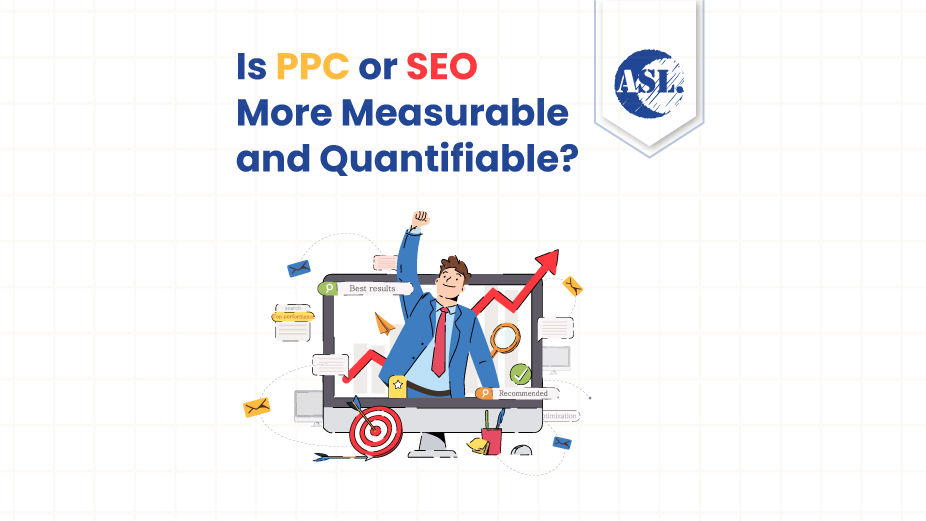
Is PPC or SEO More Measurable and Quantifiable?
When it comes to digital marketing, two major strategies stand out: Pay-Per-Click (PPC) advertising and Search Engine Optimization (SEO). Both approaches aim to increase visibility and drive traffic, but which one is more measurable and quantifiable? In this article, we will explore the different aspects of PPC and SEO to understand their effectiveness in terms of measurability and quantifiability. By examining key metrics, tracking capabilities, and data analysis, we can determine which strategy offers better insights for marketers.
The Measurability of PPC
PPC advertising boasts significant measurability due to the inherent nature of paid campaigns. This strategy allows advertisers to track and measure various metrics with precision. Ad platforms like Google Ads provide extensive data on impressions, clicks, conversions, and more. Additionally, PPC enables detailed targeting, ensuring that ads are shown to specific demographics, interests, and locations.
One of the main advantages of PPC measurability is the ability to set specific goals and measure ROI accurately. Marketers can precisely analyze the cost per click (CPC), conversion rates, and overall return on ad spend (ROAS). This allows for quick optimization by identifying successful keywords, audiences, and ad variations. PPC analytics can be detailed with advanced tracking tools, providing real-time insights and valuable data for decision-making.
Moreover, PPC offers A/B testing capabilities, allowing marketers to experiment with different ad copy, visuals, and landing pages. By comparing the performance of these variations, advertisers can gain valuable insights into what resonates with their target audience, helping optimize campaigns and drive better results.
The Quantifiability of SEO
While SEO may not offer the same level of direct measurability as PPC, it is still highly quantifiable in terms of organic search traffic and rankings. SEO focuses on optimizing websites to improve their visibility in search engine results pages (SERPs), which can lead to increased organic traffic and conversions.
Rank tracking tools allow marketers to monitor keyword positions and track progress over time. By analyzing keyword rankings, click-through rates (CTRs), and organic traffic metrics, marketers can assess the effectiveness of their SEO efforts. Additionally, web analytics tools like Google Analytics provide insights into user behavior, bounce rates, and conversions, providing further quantifiable data.
Furthermore, SEO offers long-term benefits, as once a website has achieved higher rankings, it can continue to attract organic traffic without ongoing ad spend. This sustainability makes SEO a cost-effective strategy over time, especially for businesses that can invest in creating quality content and optimizing their websites.
Benefits of PPC and SEO Measurability
Both PPC and SEO measurability provide valuable advantages for marketers. Having access to data-driven insights allows for continuous improvement and optimization of campaigns. Here are some benefits of the measurability and quantifiability of PPC and SEO:
PPC Measurability Benefits:
- Accurate ROI measurement through detailed tracking
- A/B testing for data-backed optimization
- Quick identification of successful keywords and ad variations
- Demographic and interest targeting for precise audience reach
- Real-time insights for informed decision-making
SEO Quantifiability Benefits:
- Long-term organic traffic growth without ongoing ad spend
- Keyword rankings and click-through rate monitoring
- Insights into user behavior and website performance
- Cost-effective strategy with sustainable results
- Opportunity for brand authority and credibility
PPC vs. SEO: Finding the Right Balance
When it comes to choosing between PPC and SEO, it’s essential to consider your business goals, budget, and target audience. While PPC offers immediate and measurable results, it comes at a cost. On the other hand, SEO is a long-term strategy that requires time and effort but can provide sustainable benefits.
For businesses with a limited budget or short-term campaigns, PPC can be a valuable option. Its measurability allows for quick adjustments and optimization, making it suitable for driving targeted traffic or promoting time-sensitive offers.
On the other hand, SEO is an investment for long-term success. It requires consistent effort in optimizing website content, building quality backlinks, and staying up-to-date with algorithm changes. SEO’s quantifiability may not be as immediate as PPC, but its sustainable results and cost-effectiveness make it an appealing choice for businesses aiming for organic growth and increased visibility over time.
Tips for Maximizing Measurability and Quantifiability
To make the most of the measurable and quantifiable aspects of PPC and SEO, consider the following tips:
1. Set Clear Goals:
Define specific goals for each campaign or SEO effort. Whether it’s generating leads, boosting sales, or improving organic rankings, having clear objectives allows for more accurate measurement and optimization.
2. Track and Analyze Key Metrics:
Regularly monitor relevant metrics such as CPC, conversion rates, organic traffic, keyword rankings, and bounce rates. Analyze this data to identify areas of improvement and adjust your strategies accordingly.
3. Implement Conversion Tracking:
Ensure that conversion tracking and e-commerce tracking are set up correctly for PPC campaigns. This allows you to measure the effectiveness of your ads in terms of lead generation and sales.
4. Conduct A/B Testing:
Take advantage of A/B testing in both PPC and SEO. Experiment with different ad copies, landing pages, meta tags, and content variations to identify what resonates best with your target audience.
5. Continuously Optimize:
Regularly review and optimize your campaigns or SEO strategies. Use the insights gained from data analysis and testing to make data-driven decisions and improve your overall performance.
Conclusion
Both PPC and SEO offer valuable measurability and quantifiability for marketers. PPC provides precise tracking and real-time insights, allowing for targeted campaigns and quick optimizations. On the other hand, SEO offers long-term organic growth and sustainable results, albeit with less immediate measurement. Ultimately, striking the right balance between PPC and SEO depends on your specific business goals, budget, and target audience. By leveraging the measurable and quantifiable aspects of both strategies and following best practices, you can achieve successful digital marketing campaigns and drive substantial results.
Key Takeaways: Is PPC or SEO More Measurable and Quantifiable?
- PPC (Pay-Per-Click) advertising allows for precise tracking and measurement of results.
- SEO (Search Engine Optimization) focuses on organic search rankings, which can be more challenging to measure quantitatively.
- PPC campaigns provide immediate and measurable data on clicks, conversions, and ROI.
- SEO takes time to see results, but it can still be measured through metrics like organic traffic, keyword rankings, and engagement.
- Combining PPC and SEO strategies can provide a comprehensive view of a marketing campaign’s success.
Frequently Asked Questions
When it comes to measuring and quantifying the effectiveness of online marketing strategies, both PPC and SEO have their unique attributes. Here are some frequently asked questions to help you understand which approach is more measurable and quantifiable.
1. How is PPC more measurable than SEO?
PPC, or Pay Per Click advertising, offers a high level of measurability due to its inherent nature. With PPC, you have access to detailed data about impressions, clicks, conversions, and cost per click. This data allows you to analyze the performance of your ads, track ROI, and make data-driven decisions to optimize your campaigns.
Additionally, PPC platforms like Google Ads provide robust tracking and reporting features, including conversion tracking and attribution models. You can precisely measure the impact of your PPC efforts, attributing conversions and revenue directly to specific keywords or ads. This level of detail makes PPC a highly measurable and quantifiable marketing strategy.
2. What makes SEO quantifiable?
While SEO may not offer the same level of immediate measurability as PPC, it is still highly quantifiable over the long term. SEO focuses on improving organic search rankings, driving organic traffic, and increasing website visibility. Although it can be challenging to attribute specific conversions solely to SEO efforts, there are measurable metrics to gauge its effectiveness.
Key performance indicators (KPIs) such as organic traffic, keyword rankings, click-through rates, and conversion rates can provide insights into the success of your SEO strategy. By tracking these metrics over time, you can identify trends, measure improvements in search visibility, and assess the overall impact of your SEO efforts on your website’s performance.
3. Can SEO and PPC be combined for better measurement?
Absolutely! Combining SEO and PPC can provide a more comprehensive and measurable approach to online marketing. By leveraging the strengths of both strategies, you can gather more accurate data and measure the overall impact on your business.
For example, using PPC for targeted keyword testing can help you identify which keywords drive the most conversions. This information can then be used to optimize your SEO keyword strategy and prioritize efforts on high-performing keywords. Furthermore, by analyzing PPC and SEO data side by side, you can identify correlations and understand the synergistic effects of the two strategies on your website’s performance.
4. How can I measure the ROI of SEO?
Measuring the return on investment (ROI) of SEO can be a complex task as it often involves considering multiple factors. One way to measure SEO’s ROI is by looking at the increase in organic traffic and its corresponding impact on conversions or online sales. By monitoring changes in these metrics, you can gauge the effectiveness of your SEO efforts.
Additionally, calculating the lifetime value of a customer acquired through organic search can provide valuable insights into the ROI of SEO. Consider the revenue generated from customers who find your website through organic search and continue to make purchases or engage with your business over time. This long-term value can help you assess the overall impact of your SEO investment.
5. How long does it take to see measurable results from SEO?
SEO is a long-term strategy that requires patience. It can take time to see measurable results from SEO efforts due to factors such as competition, algorithm updates, and the size of your website. Generally, it is recommended to give SEO at least several months before expecting significant improvements.
However, it’s important to note that SEO is an ongoing process, and continuous optimization is necessary to maintain and improve rankings. By consistently implementing best practices, creating high-quality content, and building authoritative backlinks, you can accelerate the time it takes to see measurable results from your SEO efforts.
SEO vs PPC – Which One Should You Invest In First?
Summary:
PPC (pay-per-click) and SEO (search engine optimization) are both measurable and quantifiable methods of online marketing.
PPC allows you to track metrics like clicks, conversions, and costs, giving you immediate feedback on your campaign’s performance.
On the other hand, SEO focuses on improving your website’s organic search rankings, which takes longer to see results but can drive sustainable traffic in the long run.
Both strategies have their benefits, and a combination of PPC and SEO can provide a comprehensive approach to online marketing.
Remember, figuring out what works best for your business may require experimentation and ongoing evaluation of your marketing efforts.
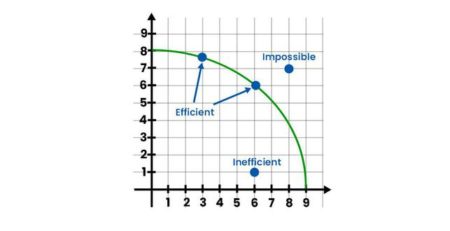
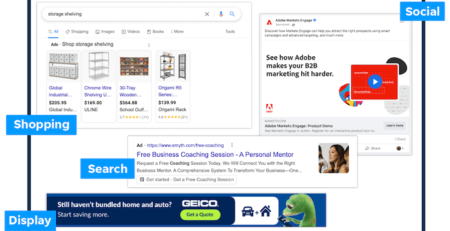
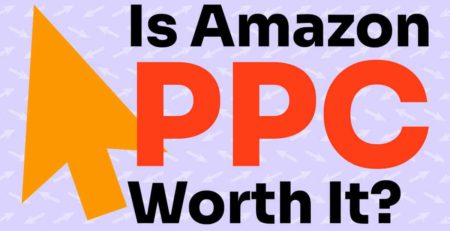
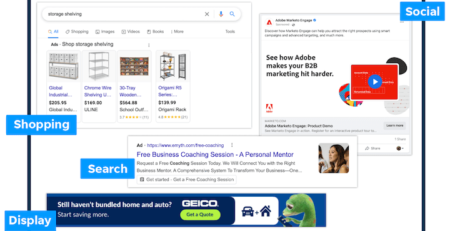

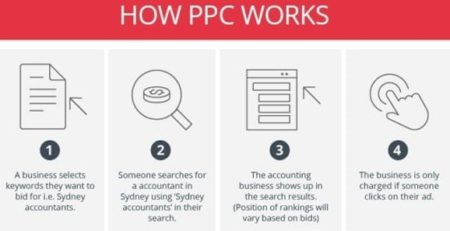
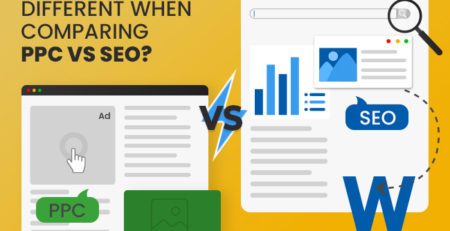
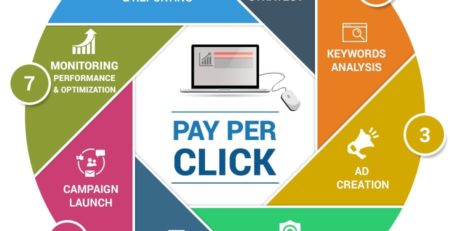
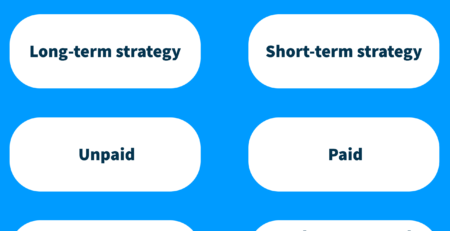
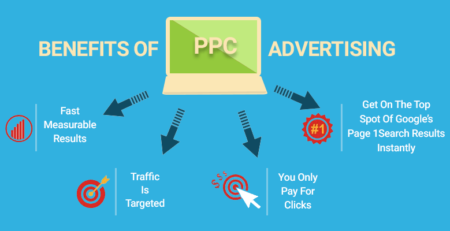
Leave a Reply